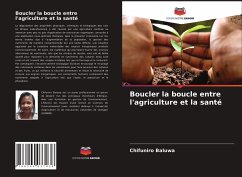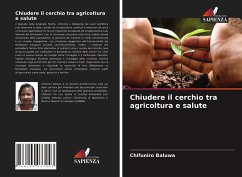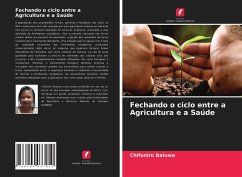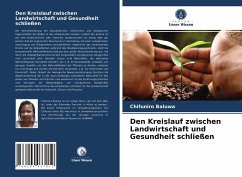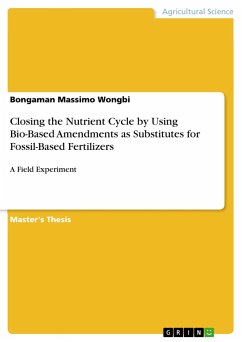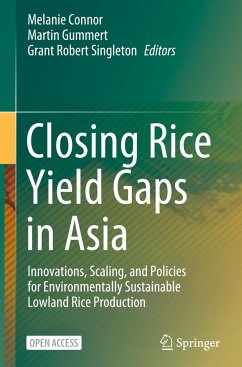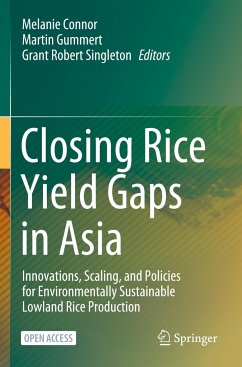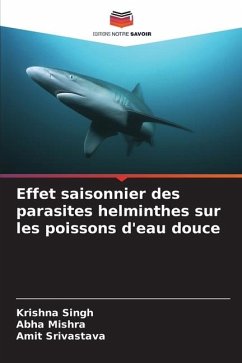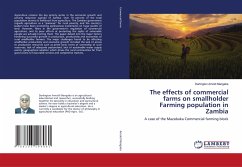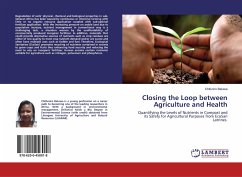
Closing the Loop between Agriculture and Health
Quantifying the Levels of Nutrients in Compost and its Safety for Agricultural Purposes from EcoSan Latrines.
Versandkostenfrei!
Versandfertig in 6-10 Tagen
18,99 €
inkl. MwSt.

PAYBACK Punkte
9 °P sammeln!
Degradation of soils' physical, chemical and biological properties in sub-Saharan Africa has been caused by continuous or intensive farming with little or no organic resource application coupled with sub-optimal fertilizer application. With the increasing pressure on arable land due to population increase, nutrient management in conventional way is a challenging task, a situation worsen by the unaffordability of commercially produced inorganic fertilizer. In addition, materials that could provide alternative sources of nutrients such as crop residues are either of low quality to meet crop nutr...
Degradation of soils' physical, chemical and biological properties in sub-Saharan Africa has been caused by continuous or intensive farming with little or no organic resource application coupled with sub-optimal fertilizer application. With the increasing pressure on arable land due to population increase, nutrient management in conventional way is a challenging task, a situation worsen by the unaffordability of commercially produced inorganic fertilizer. In addition, materials that could provide alternative sources of nutrients such as crop residues are either of low quality to meet crop nutrient demand and/or are scarce and often have multiple uses such as fodder and fuel. Therefore, Ecological Sanitation (EcoSan) promotes recycling of nutrients contained in excreta to grow crops and fruits thus enhancing food security and reducing the need to rely on inorganic fertilizer. Human excreta contain nutrients suitable for agriculture such as nitrogen, potassium and phosphorus.



